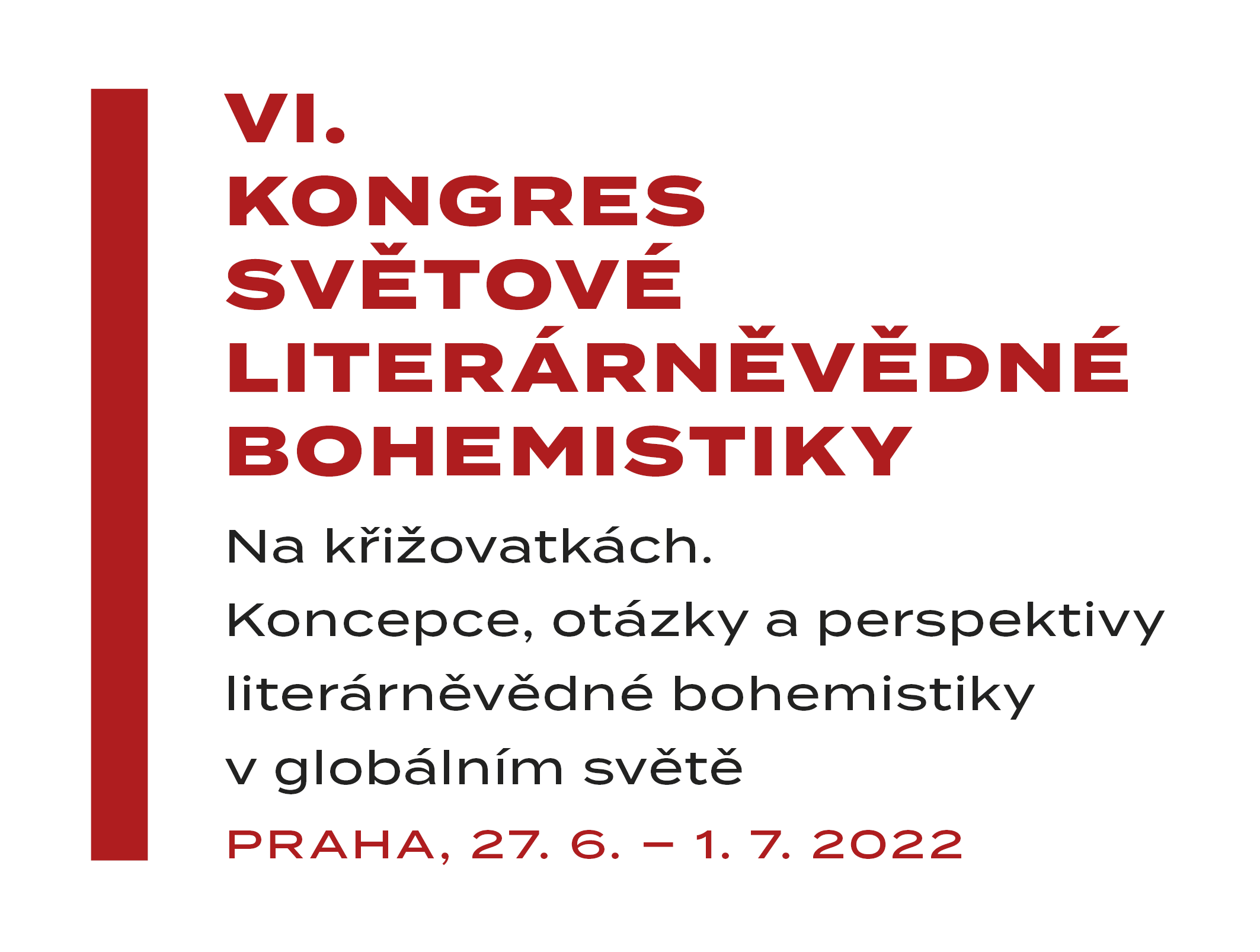Dubnové online setkání z cyklu Literárněvědné fórum v úterý 13. 4. od 17 hodin nabídne opět diskusi Jessie Labov a Piotra Wciślika. Tentokrát se bude ptát Piotr Wciślik Jessie Labov na její knihu Transatlantic Central Europe: Contesting Geography and Redefining Culture beyond the Nation. Jazykem debaty bude angličtina.
Anotace:
In lieu of a lecture, Jessie Labov will be interviewed by Piotr Wciślik about her recently published book Transatlantic Central Europe: Contesting Geography and Redefining Culture beyond the Nation (CEU press, 2019). This book discusses the transnational set of practices connecting journals with other media in the mid-1980s that disseminated the idea of Central Europe simultaneously in East and West. Proponents of a distinct cultural profile of this group of countries—all now involved in the process of Transatlantic integration—used “Central European” as an alternative for the geo-political label of Eastern Europe. What happened to the philosophy that “Central Europe” once evoked? In the early years of the transition era, the liberal humanist perspective shared by Havel, Konrád, Kundera, and Michnik was quickly replaced by an economic liberalism that evolved into neoliberal policies and practices. The author follows the trajectories of the concept into the present day, identifying its material and intellectual traces in the postcommunist landscape. She explores how the current usage of transnational, web-based media follows the logic and practice of an earlier, “dissident” generation of writers.
Jessie Labov působí na Central European University, kde se věnuje hlavně projektům z oblasti digital humanities. V době svého dřívějšího působení na Ohio State University vedla například projekt Reading Kultura from a Distance, který mapoval a vizualizoval šíření a recepci polského exilového časopisu Kultura. V roce 2013 připravila ve spolupráci s Friederike Kind-Kovács publikaci Samizdat, Tamizdat and Beyond: Transnational Media During and After Socialism.
Sledujte živě na YouTube kanálu ÚČL, ptejte se a diskutujte na meet.google.com/yiz-zjum-kvx.
— předchozí diskuse Cold War Print Cultures I






